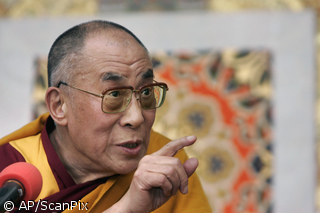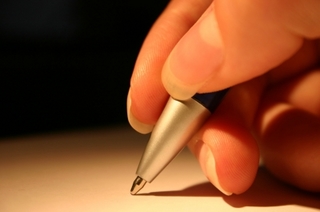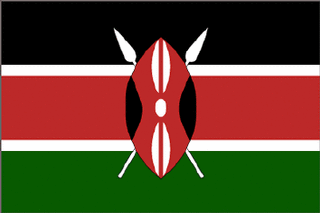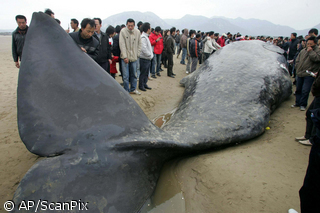Millions of Russian-speaking former citizens of the Soviet Union play a key part in the Russian economy by sending billions of rubles back to their own republics while they work in Russia
Published:
25 March 2003 y., Tuesday
Some of the workers build dachas in the Moscow region, while others drive trolleybuses in Moscow, sell vegetables in open markets or bring in the harvest in agricultural regions.
For the many families of these laborers, the paychecks are their key to survival. About a quarter of the households in Armenia and Azerbaijan are dependent on transfers from family members working in Russia, said Zhanna Zaionchkovskaya, head of the Academy of Sciences' Center for Migration Studies.
Families in other republics, including Georgia, Ukraine, Moldova and Tajikistan, also count on the money, but there are no reliable figures on the amounts involved, she said.
Nationalities Minister Vladimir Zorin said last year that 2 million Armenian and 1.5 million Azeri migrants are in Russia, while the next-largest groups are from Ukraine, Moldova and Tajikistan.
But most of the migrants are not registered in Russia, leaving them open to exploitation and extortion from employers and law-enforcement agencies.
Many of the workers are ethnic Russians unable to get citizenship since the government made it more difficult last year. Many have been living and working in the country for years. The law on foreigners, introduced in November, is intended to either legalize these workers or kick them out.
Šaltinis:
themoscowtimes.com
Copying, publishing, announcing any information from the News.lt portal without written permission of News.lt editorial office is prohibited.
The most popular articles
 It's 50 years since Tibetan spiritual leader the Dalai Lama fled here from Tibet in 1959 after a failed uprising against Chinese rule.
more »
It's 50 years since Tibetan spiritual leader the Dalai Lama fled here from Tibet in 1959 after a failed uprising against Chinese rule.
more »
 Women across the EU earn on average 17.4% less than men, according to new EU statistics, released as part of a commission campaign to narrow the pay gap between the sexes.
more »
Women across the EU earn on average 17.4% less than men, according to new EU statistics, released as part of a commission campaign to narrow the pay gap between the sexes.
more »
 It's 1941 and the height of WWII. Amid all the suffering, a couple of Italians imprisoned for anti-fascism sketched out a vision of how post-war Europe could look on cigarette papers.
more »
It's 1941 and the height of WWII. Amid all the suffering, a couple of Italians imprisoned for anti-fascism sketched out a vision of how post-war Europe could look on cigarette papers.
more »
 Kenya's president Mwai Kibaki denies press accusations that he has a second wife.
more »
Kenya's president Mwai Kibaki denies press accusations that he has a second wife.
more »
 In the last 30 years the European Union has striven to seek gender equality in all aspects of its work.
more »
In the last 30 years the European Union has striven to seek gender equality in all aspects of its work.
more »
 Proposals to boost shopper's confidence on the high street and the internet will be opened to public debate by MEPs Monday afternoon.
more »
Proposals to boost shopper's confidence on the high street and the internet will be opened to public debate by MEPs Monday afternoon.
more »
 How the EU promotes creativity and innovation – 20 projects showcased in Brussels
more »
How the EU promotes creativity and innovation – 20 projects showcased in Brussels
more »
 A desperate battle to save the lives of hundreds of pilot whales beached on an island off Tasmania.
more »
A desperate battle to save the lives of hundreds of pilot whales beached on an island off Tasmania.
more »
 Four year old Krishna Goraik‘s family refuse to arrange his funeral because child‘s mother believes by offering prayers he will come back to life after seven days.
more »
Four year old Krishna Goraik‘s family refuse to arrange his funeral because child‘s mother believes by offering prayers he will come back to life after seven days.
more »
 Leading MEPs have joined Nicole Kidman and the UN in the “Say NO to violence against women” campaign.
more »
Leading MEPs have joined Nicole Kidman and the UN in the “Say NO to violence against women” campaign.
more »